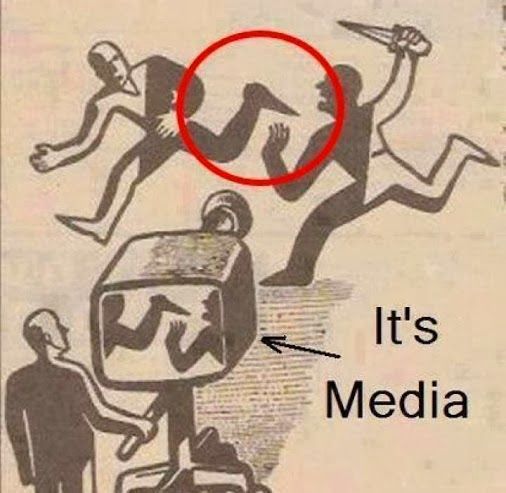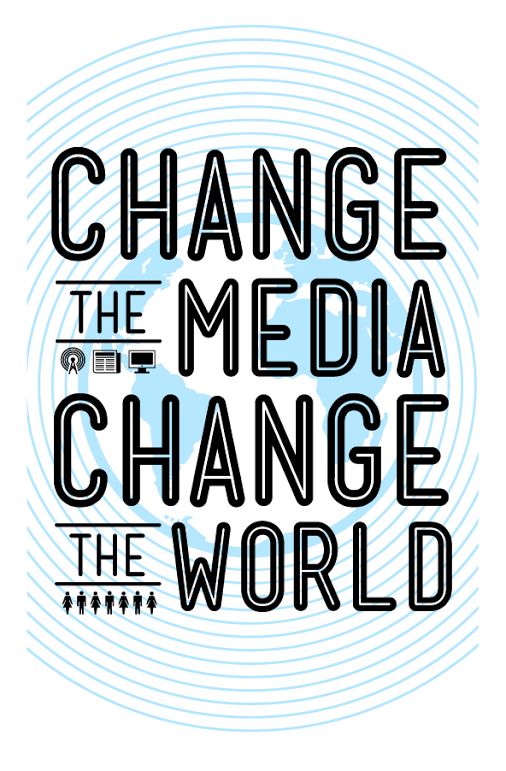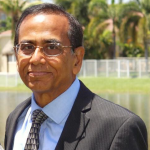
 Political democracy took two centuries to ripen. ‘Media democracy’ has taken only two decades to become a monster. It has flourished under ugly, thuggish populist regimes.
Political democracy took two centuries to ripen. ‘Media democracy’ has taken only two decades to become a monster. It has flourished under ugly, thuggish populist regimes.
By Nazarul Islam
Globally, democracy is facing a moment that Victor Hugo had once, portrayed in ‘Le Miserables’: “Everything everywhere happens at once. It was foreseen but is unprepared for; it springs up from pavements, falls from the clouds, looks in one place like an ordered campaign and in another like a spontaneous outburst.” Political democracy took two centuries to ripen. ‘Media democracy’ has taken only two decades to become a monster.
It has flourished under ugly, thuggish populist regimes. Politics and society seem to exist in two different ecosystems. What we have is democracy without truth. Populists are quite allergic to truth and they depend on alternative reality and parallel universe. Untruth is spreading fast and we don’t have many tools. As historian Sophia Rosenfeld says in her novel, Democracy and Truth, a world of truth and falsehood are “circulating undifferentiated globally.”
Is it all doom and gloom? Marx in one of his letters had said, “The hopeless conditions of the society in which I live fills me with hope.” The ongoing twenty first century is a century of citizens. Today civil society and enlightened citizens groups surround and sustain us like the air we breathe. It goes unnoticed because of their very ubiquity. A multitude of actors now defines and shapes the current structure of power.
 In the flow of time, recent decades have witnessed a displacement of power and control upwards, downwards and outwards. With transnational institutions, local governments, civil society organizations and NGOs becoming new stakeholders, a new ‘geography of below’ is fast emerging.
In the flow of time, recent decades have witnessed a displacement of power and control upwards, downwards and outwards. With transnational institutions, local governments, civil society organizations and NGOs becoming new stakeholders, a new ‘geography of below’ is fast emerging.
Despite the rise of elective democracy, the twenty first century is turning out to be a century of citizens’ engagement. The rights to be heard, to be seen, to be recognized and to be respected are at the core of citizens’ movements across the world.
Again this current and bewildering century has witnessed fundamental global economic, political, social and cultural transformations that challenged traditional notions of citizenship.
And, in this century, we have begun to thrive in a networked world, with its vast tentacles reaching us—adding value and strength to the citizens’ movements. Turning connections into relationships is an essential part of engagement. Connectedness has played a vital role in successful local government networks and associations. What Manuel Castells, author of The Rise of the Network Society, has rightly called “space of flows”, is the greatest strength of the citizens’ movements. Stars will certainly not continue to be better aligned with populists and autocrats.
Slowly, new forms of inclusive, multiracial, bottom-up civic power are emerging. Growing resistance among citizenries as also upheavals against elected autocracies are signs of citizens empowerment. Civil society is asserting its power to engage with issues of power, public policy and social justice. A strong civil society alone can provide an effective counterweight to the great concentrations of wealth and power that continue to exert influence on our economic, social, cultural, and political lives.
To remind my readers, Homer’s tale, Odysseus has managed to bring his ship to safety by staying his course in the face of lurking monsters. Democracy today needs the help of a reliable compass, a good map and a sturdy boat. We need new political, economic and social ideas to match the demands of our present century. Defeating populism and empires of lies will require not just new movements but also new ideas. At its heart must be the belief that democracy is a better way to organize society than markets or empires of thuggish populism.
Has the world ceased imagining? It is time to ask difficult questions of ourselves. Yale University political scientist Helene Landemore has asked provocatively what many would find, viscerally alarming “If government is for the people, why the people can’t do the governing?”
Any answers….? Yes. Maybe, many answers!
______________________
About the Author
